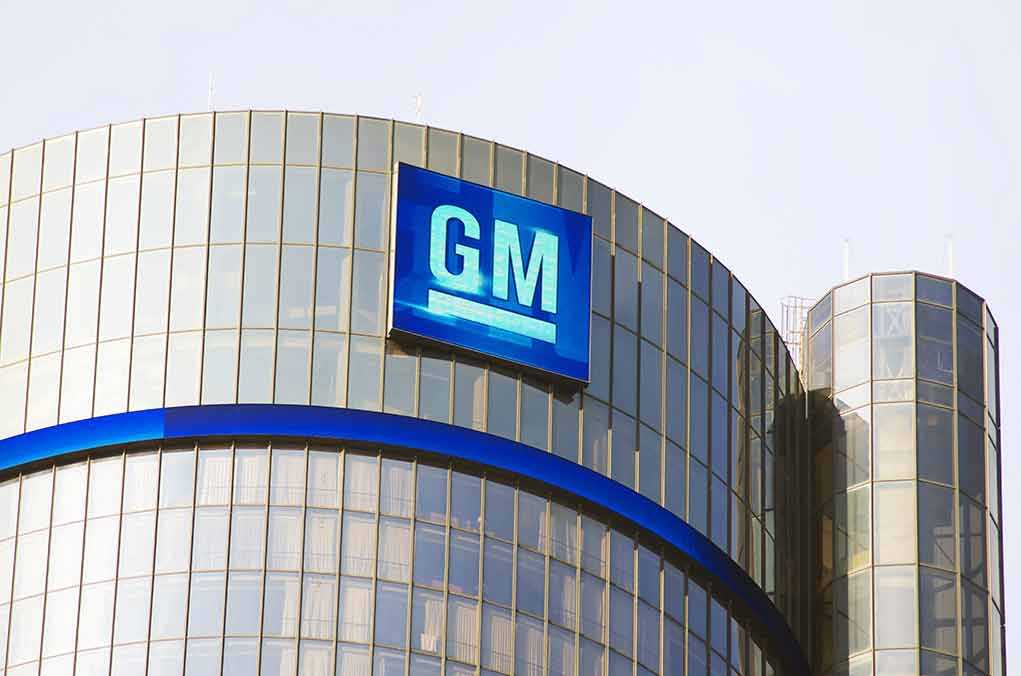
General Motors has ordered an emergency recall of 62,500 Chevy Silverado trucks due to a potentially deadly fire hazard caused by a faulty brake sensor that could literally set owners’ vehicles ablaze while parked outside their homes.
Key Takeaways
- Nearly 62,500 Chevrolet Silverado Medium Duty trucks (models 4500HD, 5500HD, and 6500HD) from 2019-2025 have been recalled due to a serious fire risk
- The recall addresses a faulty brake pressure sensor that can leak fluid onto electrical components, potentially causing fires
- Owners are urgently advised to park affected vehicles away from buildings until repairs can be made
- GM will replace the defective brake pressure switch wire harness with a silicone-sealed version at no cost to owners
- The defect originated from a supplier using unauthorized chemicals in manufacturing the rubber diaphragm
Critical Safety Defect in American-Made Trucks
General Motors has launched a major recall affecting nearly 62,500 Chevrolet Silverado Medium Duty trucks due to a significant fire hazard. The recall encompasses Silverado 4500HD, 5500HD, and 6500HD models manufactured between 2019 and 2025, creating substantial concern for commercial fleet operators and private owners alike. “This type of manufacturing defect raises serious questions about quality control in American automotive production, especially in vehicles designed for heavy-duty work applications where reliability is paramount,” declared by General Motors.
The specific defect involves a problematic brake pressure sensor assembly that can leak brake fluid beyond the diaphragm seal. When this fluid contacts nearby electrical components within the brake pressure switch, it can create a short circuit. The resulting electrical fault generates excessive heat with enough intensity to potentially ignite a fire – even when the vehicle is parked with the engine off. This represents a clear danger not only to the vehicle but to surrounding property and potentially lives.
Origin of the Defect and Response
The root cause of this dangerous defect has been traced back to a supplier’s unauthorized action. According to General Motors, a supplier introduced an unapproved chemical during the production of the rubber diaphragm within the brake pressure sensor assembly. This chemical compromised the integrity of the component, allowing brake fluid to leak past critical seals. Such a failure in the supply chain quality control process demonstrates the cascading effects that can occur when manufacturing protocols are not strictly followed.
GM’s response includes explicit instructions for owners to park affected vehicles outside and away from structures until repairs can be completed. The automaker will replace the defective brake pressure switch wire harness with an upgraded version that includes a silicone sealant designed to prevent leakage. All repairs will be performed at no cost to vehicle owners. Notification letters are being mailed to registered owners, with initial communications sent in late July and follow-up letters to be dispatched once remedy parts become available.
Implications for Truck Owners and Industry
This recall represents yet another burden for American businesses and consumers already struggling with inflation and supply chain issues. Commercial operators relying on these medium-duty trucks for daily operations now face potential downtime while waiting for repairs. For many small businesses operating with thin margins, having even one vehicle out of commission can significantly impact productivity and revenue. The timing is particularly problematic given the ongoing economic challenges facing many sectors.
Notably, vehicles that were previously repaired under a related recall will still need to have this new remedy completed, suggesting the earlier fix was insufficient. This creates further inconvenience for owners who believed their trucks had already been properly addressed. GM has emphasized that customer safety remains a priority, but questions remain about how such a critical safety issue made it through quality control systems and why multiple recall actions have been necessary to address what appears to be the same fundamental problem.
Economic Impact and Accountability
“The financial impact of this recall goes beyond the immediate costs,” declared by General Motors. American businesses that depend on these vehicles face potential revenue loss during repair periods, and the uncertainty created by this safety issue may impact resale values in an already challenging automotive market. While GM’s willingness to cover repair costs is appropriate, it does little to compensate for the broader economic consequences and inconvenience faced by truck owners who selected these American-made vehicles for their reliability and durability.
This recall represents another example of how manufacturing defects can create ripple effects throughout the economy. The lack of accountability in the supply chain that allowed unauthorized chemicals to be introduced into critical safety components raises legitimate questions about oversight in American manufacturing. “As vehicle owners await repairs, they are left to bear the burden of working around this significant inconvenience – yet another challenge for hardworking Americans already facing numerous economic pressures,” according to the current policies.











